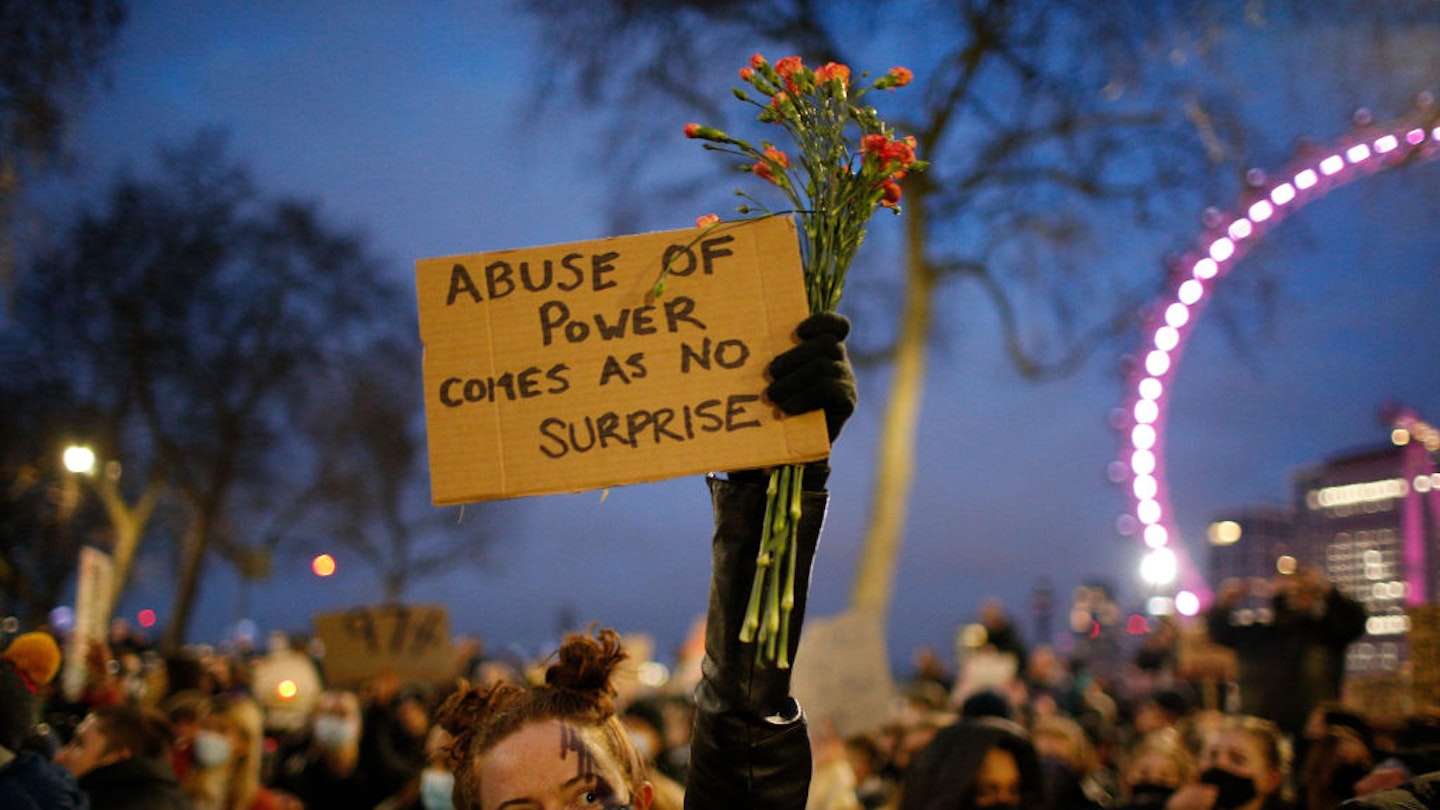As I have tuned into conversations online, on the radio, and in the media, I’m almost overwhelmed by the profound and powerful sense of rage and heartbreak at the reality of being a woman in the UK. There is no comparable feeling - knowing that gender, and in my case also my race, makes me a target not just for the men around me, but also potentially for very institutions supposedly meant to keep me safe.
In moments like this it is almost too easy to focus our anger on one figurehead, the Met Police Commissioner Cressida Dick. I have been open in my belief that Cressida should resign, not least for her complete refusal to recognise or acknowledge that the Met police has a horrifying and deep-rooted problem with violence, racism, and misogyny. She has presided over a police force with abysmal, and declining, charge rates for rape, over 750 allegations of sexual misconduct, and institutional failiures that resulted in missing several opportunities to identify the threat Wayne Couzens posed to women. As the most senior police chief in England and Wales, her position should be untenable, even as she refuses to resign.
However, in laying the blame at Dick’s feet, we must not forget that it is the government, the Mayor of London, and entire policing institution that have failed again and again to prioritise ending violence against women and girls, with fatal consequences. Sarah Everard, Nicole Smallman, Bibaa Henry, Sabina Nessa and the hundreds of women killed yearly at the hands of male violence average at a terrifying two women a week. The worst part of the previous sentence is that it does not even include the 1.6 million women who experience domestic abuse and the 85 thousand women who are raped in England and Wales every year. We cannot and must not downplay the scale of this problem.
The removal of Dick as Met Commissioner will not address the fact that there are systemic and institutional problems in our flagship police force and a complete lack of political will that fails to make ending violence against women and girls a priority. Removing one apple from a bunch that is fast rotting will not save the barrel. We need a seismic shift in perspective.
I am demanding that we take a much more radical approach to ending the scourge of male violence in the UK. One that doesn’t assume the problem starts and ends with one person, but that recognises that sexism and misogyny are rooted in inequality, toxic cultural norms, and a justice system that routinely fails to prioritise the wellbeing of victims, or learn from its mistakes.
So what would that look like? First and foremost, there must be an independent inquiry into misogyny in all police forces; one that leaves no stone unturned. The recent announcement from the Met is nothing more than window dressing - it fails to even mention the word ‘misogyny’. I want to see violence against women and girls recognised as a matter of national security, in the same way that terrorism is. It needs the same funding, urgency, resources, and cross-government coordination because it has been dismissed, downplayed, or ignored for too long, and enough is enough.
Our leaders must no longer shy away from what misogyny looks like and how it plays out. So long as those in power continue to turn a blind eye to: the realities of incel culture that contributed to the tragic Plymouth shootingand the murders of Bibaa Henry and Nicole Smallman; the toxic institutional culture that led to Couzens’s reported nickname amongst his colleagues being ‘the rapist’; the outright victimblaming in police suggestions that women should simply run away from a police officer that scares them- women will never be free from the threat of male violence.
This year so far, I have attended three vigils in the last six months: Sarah, Nicole and Bibaa, Sabina. My greatest fear is that in a few weeks or months time we will be seeing another woman’s name in the headlines. We will be saying another woman’s name in the streets and calling for action all over again. This is unacceptable and unbearable.
Women’s freedom and lives absolutely depend on the next steps the police and government take - and I urge them to listen to women’s voices and recognise things must radically and urgently change. The time for them to act is now.
